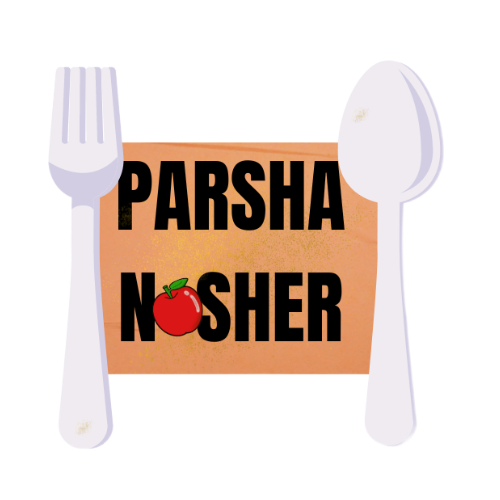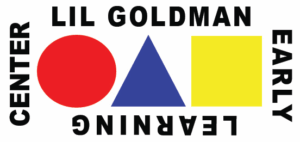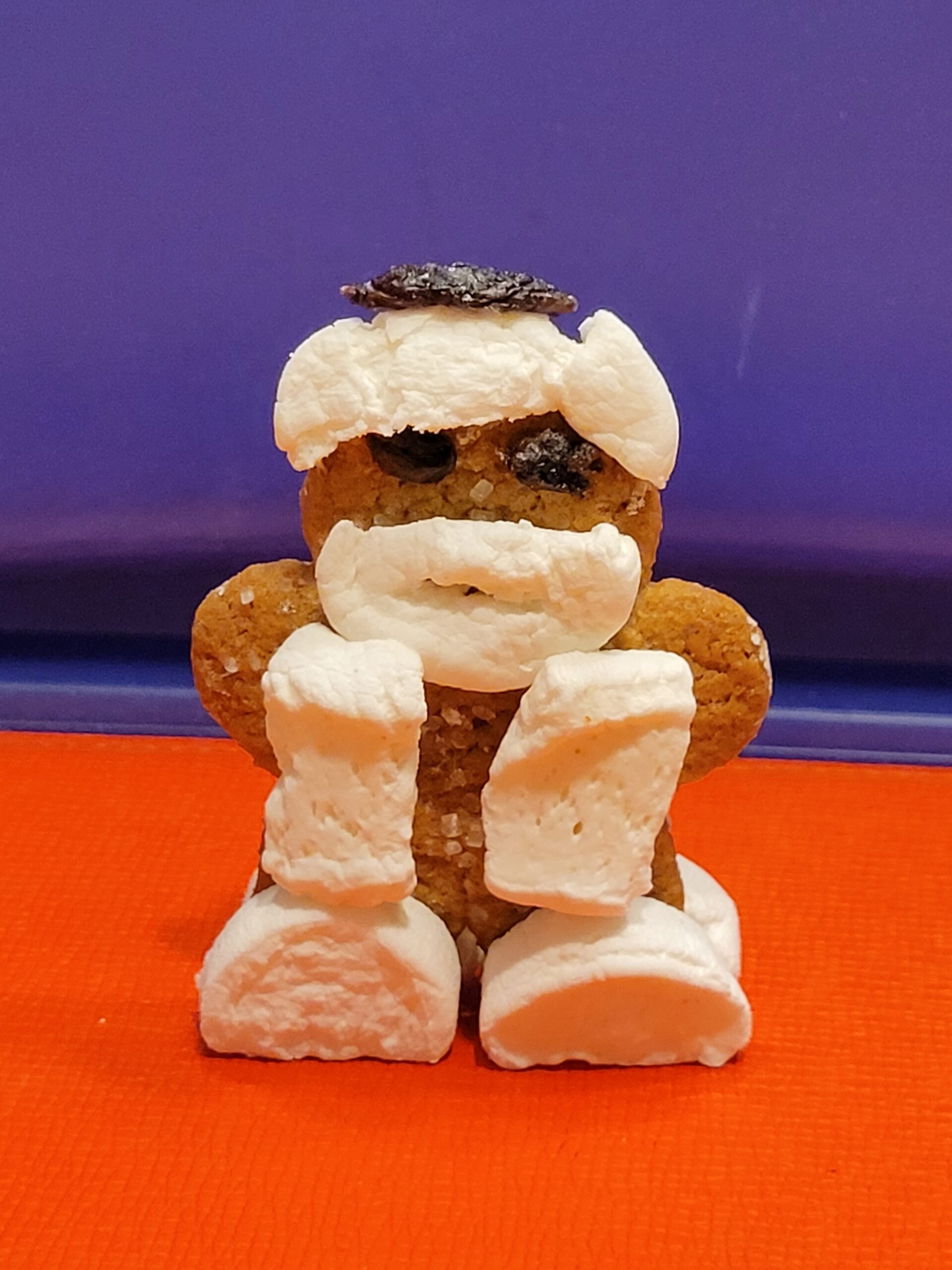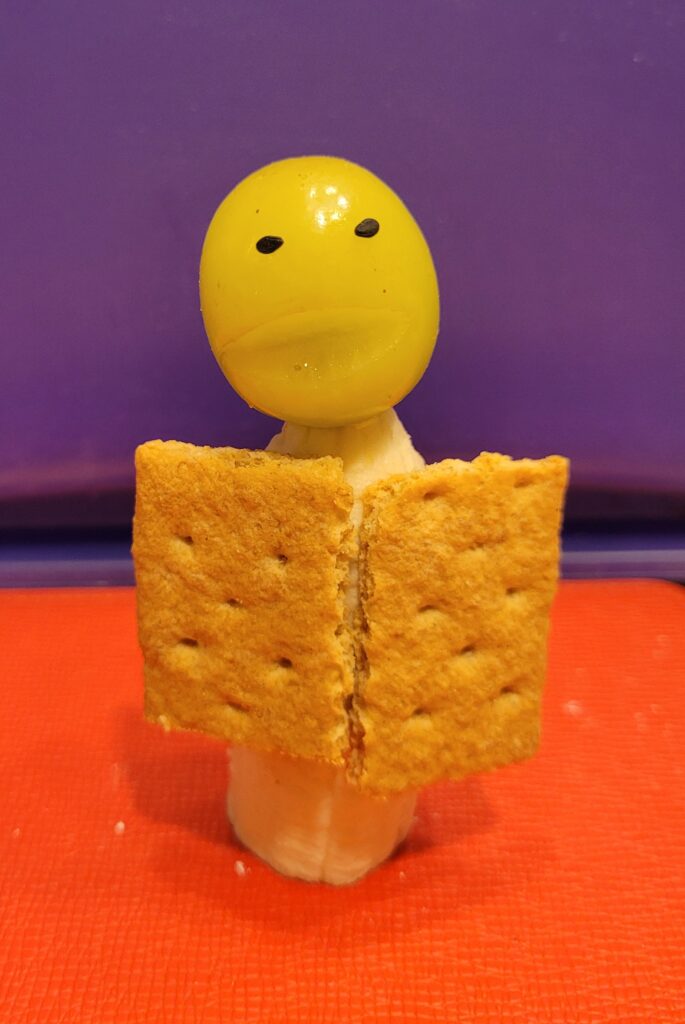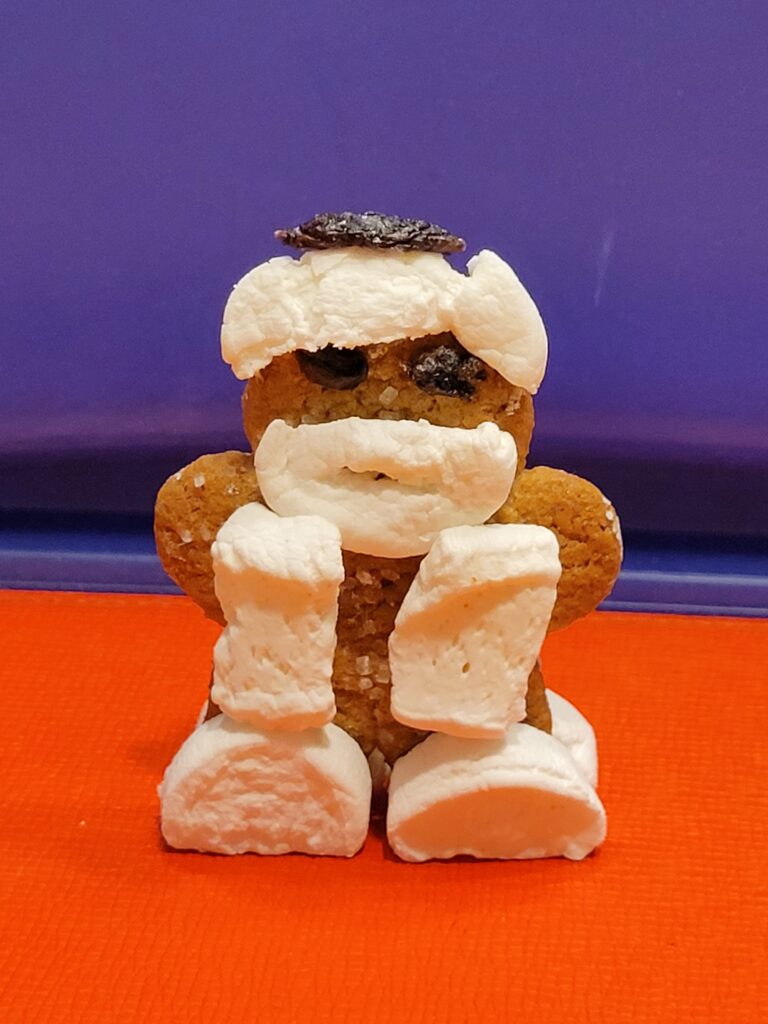| And G-d said to Moses: When you take [a count of] the heads of the children of Israel according to their numbers, [do not count them by heads, but] let each man give [a half-shekel] as an atonement for his soul to the L-rd in counting them, so that there be no plague among them in counting them. [And count the shekalim, for the evil eye prevails over what is counted and makes it vulnerable to pestilence.* + | Vayedabeir Ado-shem el Moshe leimor: Ki tisa et rosh b’nei Yisrael lifkudeihem, venatnu ish kofer nafsho l’Hashem mivkod otam velo yihiye vahem negef bifkod otam. | וַיְדַבֵּר ה’ אֶל־מֹשֶׁה לֵּאמֹר׃ כִּי תִשָּׂא אֶת־רֹאשׁ בְּנֵי־יִשְׂרָאֵל לִפְקֻדֵיהֶם וְנָתְנוּ אִישׁ כֹּפֶר נַפְשׁוֹ לַה’ בִּפְקֹד אֹתָם וְלֹא־יִהְיֶה בָהֶם נֶגֶף בִּפְקֹד אֹתָם׃ |
*See II Samuel 24:1-10
+Translation from The Rashi chumash by Rabbi Shraga Silverstein. “Ki Tisa” literally means “for you will carry.” However, the words cannot intelligibly be translated into English and keep the same meaning. The closest would be “lift the heads.”
Torah Thoughts
Parashat Ki Tisa is extremely rich, including not only the story of Moshe bringing down the tablets with the decalogue (often mistranslated as “10 Commandments,” they are actually G-d’s “10 Statements”). In addition, Parashat Ki Tisa gives insights as to how to keep Shabbat, the 13 attributes of G-d, and more.
It is Jewish tradition not to count people, for no one is more important than the next. One may count kippot, or count “not one, not two, etc.” The parsha begins with the taking of a census via the contribution by each person of a coin of equal value, which was used toward the building of the Mishkan. When the census was completed, the coins, not the people were counted. All of the coins were equal, and no one knew which was first and which was last.
I also believe that it shows that G-d wants us to stand up to authority, even if it is He. Read:

